Stomach Cancer Treatment in Ahmedabad
Understanding Stomach Cancer
Stomach cancer, also called gastric cancer, develops when abnormal cells grow in the lining of the stomach. While it sounds frightening, early detection and proper treatment greatly improve recovery. At our center, we provide advanced Stomach Cancer Treatment in Ahmedabad, focusing on both medical expertise and compassionate patient care.Along with stomach cancer care.
Dr. Viraj Lavingia also specializes in liver cancer treatment in Ahmedabad, offering comprehensive management for various gastrointestinal malignancies.
Stomach cancer can begin in different parts of the stomach.
It may spread to nearby organs if left untreated.
With timely treatment, patients can achieve better outcomes.
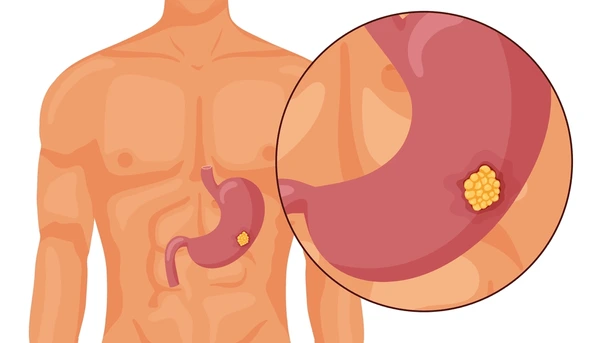
What are the
Types Of Stomach Cancer
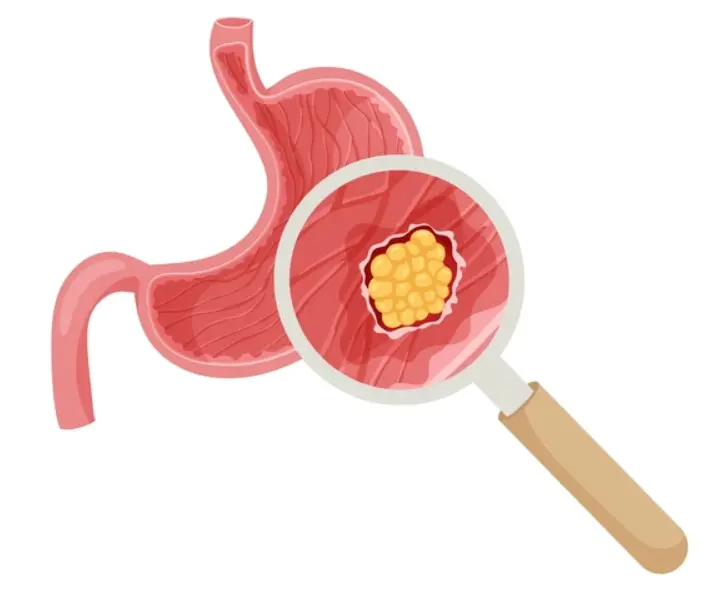
Adenocarcinoma
It starts in the stomach lining
Lymphoma
It is the cacner of immune cells in the stomach
Gastrointestinal stromal tumor
It is the rare tumour in the stomach wall
Carcinoid tumors
It grows from hormone producing cells
Adenocarcinoma
It starts in the stomach lining
Lymphoma
It is the cacner of immune cells in the stomach
Gastrointestinal stromal tumor
It is the rare tumour in the stomach wall
Carcinoid tumors
It grows from hormone producing cells
Stomach Cancer
Signs and Symptoms of Stomach Cancer
Patients seeking stomach cancer treatment in Ahmedabad should be aware of common signs such as persistent stomach pain, loss of appetite, sudden weight loss, nausea, indigestion, and feeling full after small meals. Fatigue or black stools may also appear in advanced stages.

Stomach Pain

Loss of Appetite

Fatigue or Weakness

Nausea or Vomiting

Indigestion and Heartburn

Unintentional Weight Loss

Feeling Full After Eating Small Amount

Black, Tarry Tools (sign of bleeding)
Stomach Cancer
Risk Factors
- Smoking and Heavy Alcohol Consumption increases the chance.
- Family history of stomach cancer
- Diet high in salty, smoked, or processed foods
- Previous stomach surgery or polyps
- Age Over 50
- Obesity
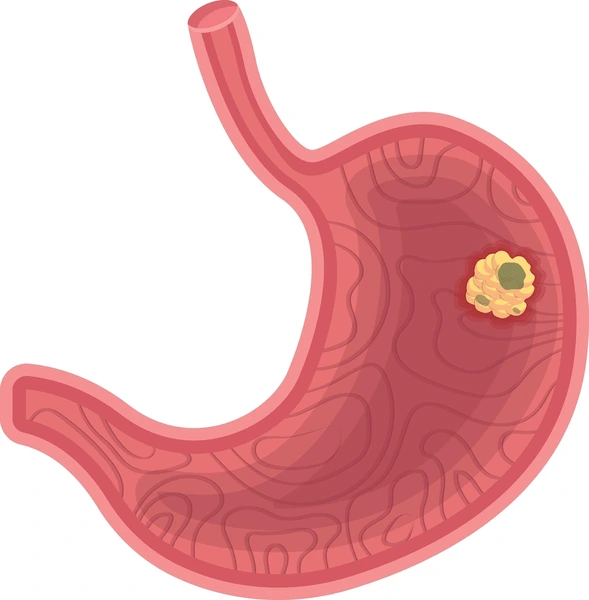
Stomach Cancer
Diagnosis

Stomach Ultrasound
This imaging test uses sound waves to create pictures of the inside of your body. For stomach cancer, it helps doctors see how much the cancer has grown into the stomach walls.
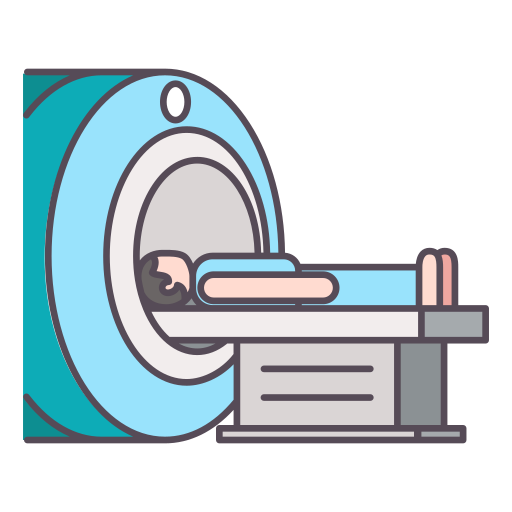
Imaging Tests
Tests like CT or PET scans create pictures inside your body to help check if stomach cancer has spread. It can show if cancer has reached nearby lymph nodes or other organs.

Blood Tests
Blood tests don’t confirm if you have stomach cancer, but they do give your doctor a better idea of your overall health and can help guide the next steps in your care.
Stomach Cancer
Advanced Stomach Cancer Treatment in Ahmedabad by Dr. Viraj Lavingia:
Dr. Viraj Lavingia offers expert care for stomach cancer with advanced diagnosis, surgery, and personalized therapies. Patients receive world-class treatment and compassionate support for better recovery outcomes.
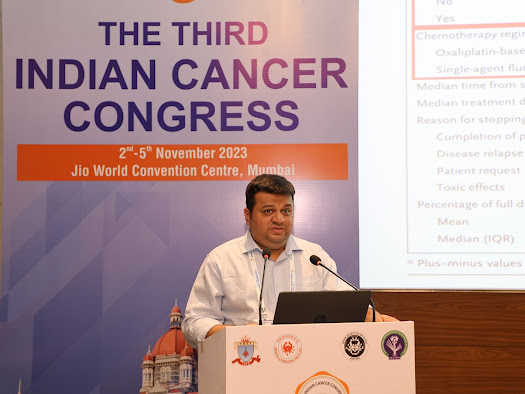
Surgery
Surgery may be done on its own or combined with other treatments to help remove or destroy the cancer cells.
Chemotherapy via abdomen
Warmed chemotherapy drugs are put directly into the belly to kill any leftover cancer cells.
Targeted Therapy
It focus on specific changes or weaknesses found in cancer cells, aiming to attack only the cancer without harming healthy cells.
Chemotherapy
Chemotherapy is a treatment that uses special chemicals to kill cancer cells.
Radiotherapy
Radiation therapy uses powerful energy beams, like X-rays, to destroy cancer cells.
Immuotherapy
This uses medicines that specifically attack features or weaknesses in cancer cells.
Why Choose Dr. Viraj Lavingia for Stomach Cancer Surgery?
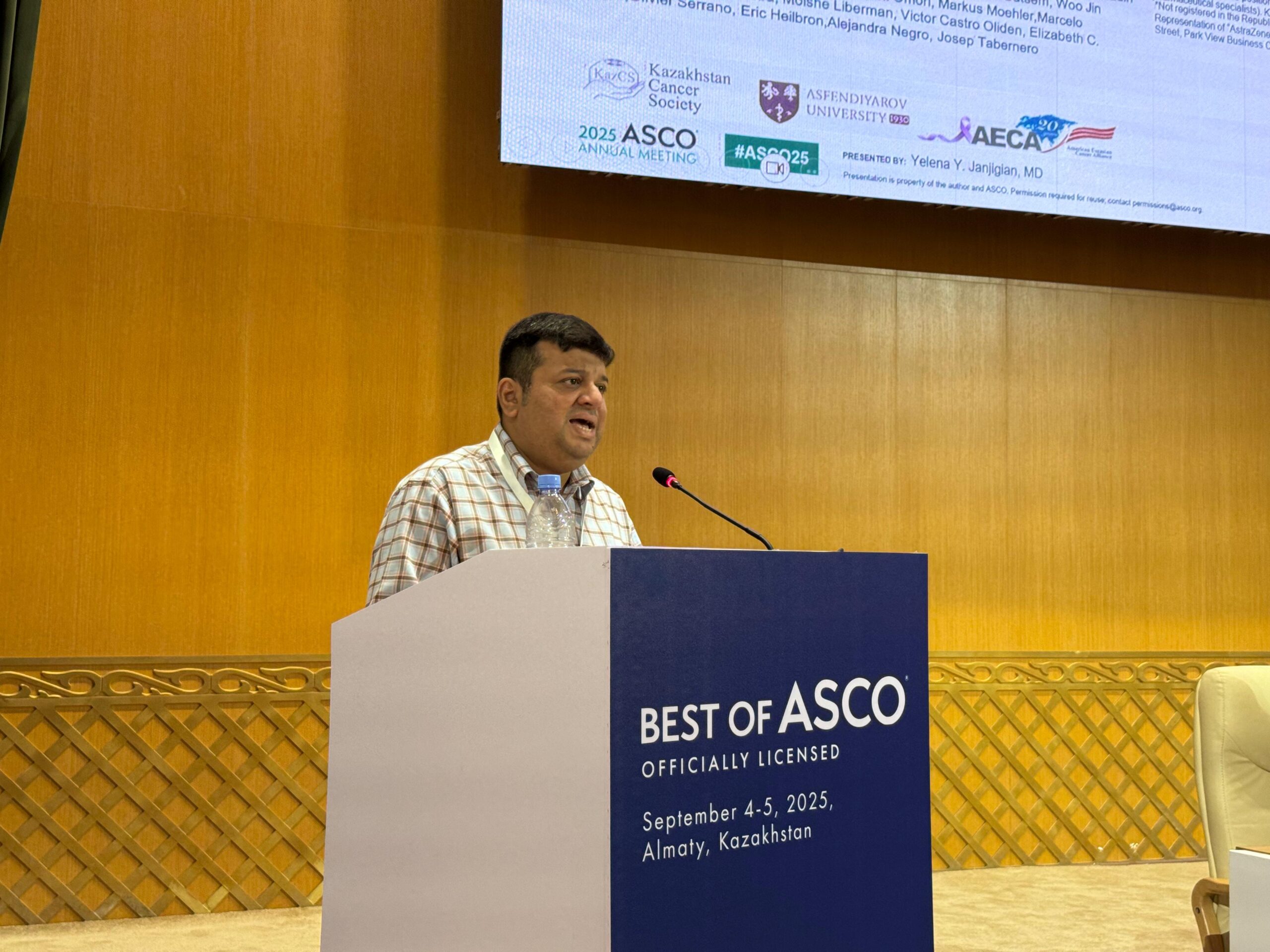
1) Specialized Expertise
Dr. Viraj is an experienced gastrointestinal oncologist with a focus on stomach and digestive system cancers.
Frequently Asked Questions About Stomach Cancer
Comprehensive stomach cancer treatment in Ahmedabad typically involves a multimodal approach combining Surgical Resection (Gastrectomy), Systemic Chemotherapy, and Radiation Therapy. Depending on the cancer stage, advanced interventions such as HIPEC (Hyperthermic Intraperitoneal Chemotherapy), Targeted Therapy (e.g., Trastuzumab), and Immunotherapy are also utilized. Dr. Viraj Lavingia specializes in tailoring these evidence-based protocols to individual patient profiles, ensuring the highest standard of oncological care.
Dr. Viraj Lavingia is a specialized Surgical Oncologist and GI Cancer expert who prioritizes organ-preserving and minimally invasive techniques when feasible. His approach focuses on R0 Resection (complete removal of the tumor with negative margins) combined with extensive D2 Lymphadenectomy, which is the gold standard for gastric cancer surgery. This meticulous surgical technique significantly lowers recurrence rates and improves long-term survival outcomes for patients.
Unlike traditional chemotherapy, which attacks all rapidly dividing cells, Immunotherapy empowers the body's own immune system to identify and destroy cancer cells. In Ahmedabad, Dr. Lavingia utilizes advanced immune checkpoint inhibitors (such as Nivolumab or Pembrolizumab) for specific types of gastric cancer, particularly those expressing PD-L1 or with MSI-H (Microsatellite Instability-High) status, offering a targeted treatment option with potentially fewer side effects.
Yes, obtaining a second opinion is a critical step in cancer care. Dr. Viraj Lavingia provides comprehensive second opinion consultations to review existing biopsy reports, PET-CT scans, and treatment plans. This ensures that the diagnosis is accurate and that the proposed treatment—whether it be neoadjuvant chemotherapy or immediate surgery—aligns with the latest NCCN and ESMO clinical guidelines.
Ahmedabad has emerged as a medical hub offering state-of-the-art oncology infrastructure, including advanced robotic surgery systems, PET-CT diagnostics, and molecular pathology labs, at a fraction of the global cost. Patients choosing Dr. Viraj Lavingia benefit from his dual expertise in surgical precision and medical oncology, ensuring a seamless, "all-under-one-roof" treatment experience that rivals international cancer centers.
Want To Discuss With Us?
Start your journey to recovery with one of the leading GI oncologists for stomach cancer treatment in Ahmedabad, India
